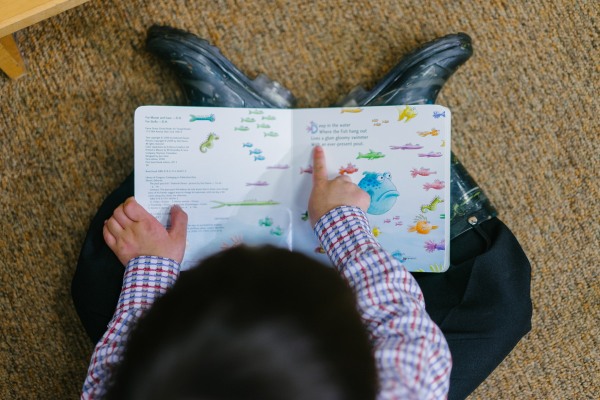Homeschooling Your Child
Homeschooling Your Child can be a rewarding experience, allowing for personalized learning and a strong bond between parents and their children. However, it requires planning, dedication, and flexibility. Here are 10 helpful tips for those considering or embarking on the homeschooling journey:
1. Research Your State's Homeschooling Laws: Each state has its own requirements and regulations for homeschooling. Ensure you understand your area's legal responsibilities, which include notification, record-keeping, standardized testing, and curriculum guidelines.
2. Set Clear Goals: Before you begin, identify what you hope to achieve through homeschooling. Are you focusing on academic excellence, cultivating creativity, developing a specific skill set, or providing a safe and nurturing environment? Having clear objectives will guide your decisions and curriculum choices.
3. Establish a Routine: While one of the benefits of homeschooling is flexibility, children often thrive on routine. Set a consistent start and finish time for each day, and create a general flow for your lessons.
4. Designate a Learning Space: While the whole home can be a classroom, having a designated space where most of the learning happens is beneficial. This space should be comfortable, free from distractions, and stocked with necessary supplies.
5. Choose the Right Curriculum: Depending on your child's learning style and educational goals, choose a pre-packaged curriculum, use online resources, or create your own. There's no one-size-fits-all answer, so consider your child's needs and interests when selecting.
6. Stay Connected with Other Homeschoolers: Join local or online homeschooling groups. These can be invaluable for support, sharing resources, organizing field trips, or providing socialization opportunities for your child.
7. Incorporate Real-World Learning: Take advantage of the flexibility homeschooling offers and go beyond textbooks. Visit museums, parks, historical sites, businesses, and other educational places. Real-world experiences can be some of the most impactful.
8. Regularly Assess and Adapt: Evaluate your child's progress and adjust your teaching methods or curriculum. This allows you to address any learning gaps or explore areas of essential interest in greater depth.
9. Encourage Independence: As your child ages, encourage them to take more responsibility for their learning. This fosters independence and helps them develop skills in time management and self-motivation.
10. Remember Self-Care: Homeschooling can be demanding for parents, especially if you're new to it. Take time for yourself, and remember that it's okay to have occasional off days or to adjust your plans. Celebrate your achievements, and feel free to seek help or resources if you feel overwhelmed.
Lastly, embrace the journey! There will be challenges, but the rewards of homeschooling your child and the close bond you develop with your child can make it all worthwhile.
Some other Homeschooling Topics of Interest:
Piano
lessons for kids were one of the first things I searched for when I
started homeschooling my children. I wanted it to be part of their
homeschool art curriculum. I wanted them to learn piano because I've
learned before that children who learn to play a musical instrument do
much ... <click here to read more>
Let Teens Learn How to do Woodworking
I've been thinking about how kids spend so much time glued to their screens nowadays. Don't get me wrong, technology's great, but sometimes I wish they'd get a break and try something hands-on. Something real. That's why letting teenagers learn how to do woodworking is good... <click here to read more>
Lots of parents want handwriting improvement for their children. A lot of them are concerned with bad handwriting. I was one of them with the writing of my kids that looked like chicken scratch, so I understand the struggle. I also had terrible handwriting when I was a child...<click here to read more>
Home School for High School? Can it be done? Of course! If you're thinking about homeschooling during the high school years, you're not alone. I was in the same shoes about 8 years ago. It's a big decision, but it can be an exciting adventure! Let's get into the good stuff about homeschooling... <click here to read more>










